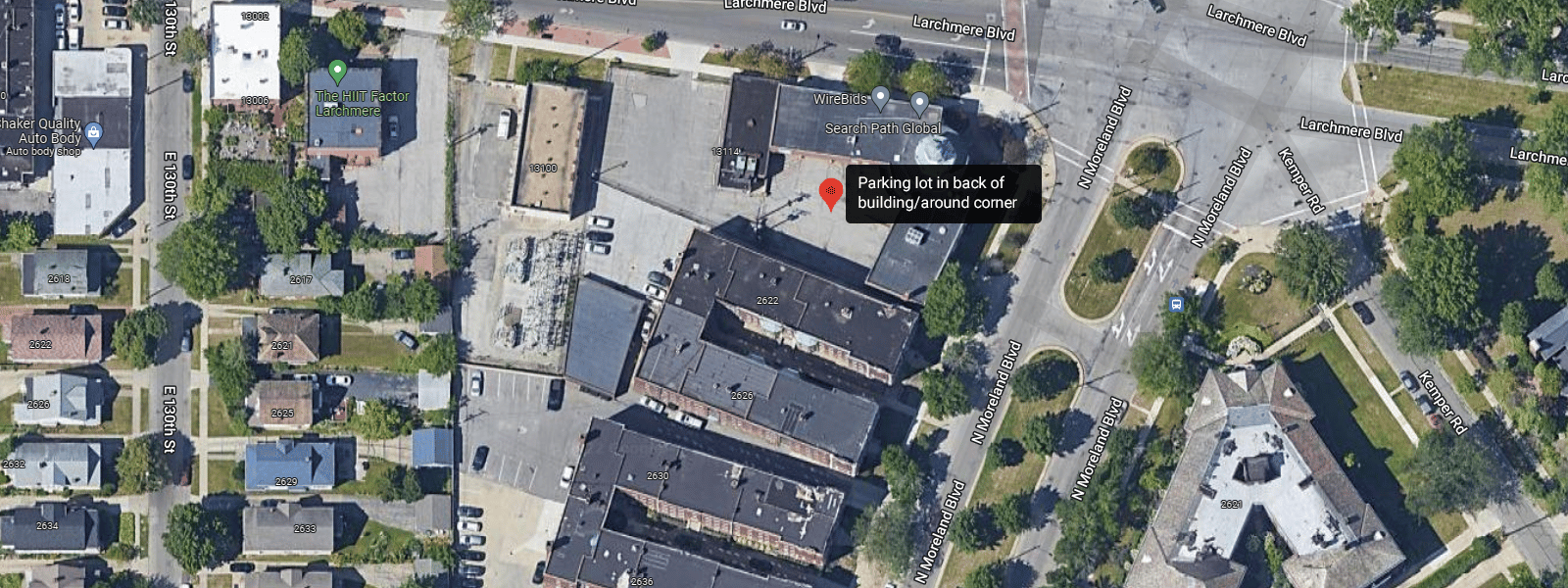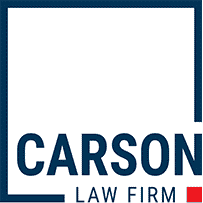In my opinion, those involved in wholesaling real estate are facing a losing battle when it comes to state real estate commissions
Don’t misunderstand my motivations here–I don’t like licensing statutes (not even, as it were, state bar examinations and licenses). The ethics that these licenses are supposed to bring to their respective professions seem never to materialize in practice, and the licensing fees just keep going up every year. We’ve created a bureaucratic machine that doesn’t have much incentive to police the profession.
The bureaucrats and the diploma mills (who shouldn’t be called “colleges” at all, as that’s an insult to real institutions of higher learning) are the ones who are making money off the rest of us. Those people who need cheaper services or creative arrangements are denied service because they don’t fit the mold of the real estate broker’s business model.
Let’s put aside the political diatribe for a minute and examine what’s really going on here. Some time, many moons ago, Ohio passed a statute that requires real estate agents to obtain a license. The law says this:
(A) “Real estate broker” includes any person, partnership, association, limited liability company, limited liability partnership, or corporation, foreign or domestic, who for another, whether pursuant to a power of attorney or otherwise, and who for a fee, commission, or other valuable consideration, or with the intention, or in the expectation, or upon the promise of receiving or collecting a fee, commission, or other valuable consideration does any of the following:
(1) Sells, exchanges, purchases, rents, or leases, or negotiates the sale, exchange, purchase, rental, or leasing of any real estate;
(2) Offers, attempts, or agrees to negotiate the sale, exchange, purchase, rental, or leasing of any real estate;
(3) Lists, or offers, attempts, or agrees to list, or auctions, or offers, attempts, or agrees to auction, any real estate;
(4) Buys or offers to buy, sells or offers to sell, or otherwise deals in options on real estate;
…
(6) Advertises or holds self out as engaged in the business of selling, exchanging, purchasing, renting, or leasing real estate;
(7) Directs or assists in the procuring of prospects or the negotiation of any transaction, other than mortgage financing, which does or is calculated to result in the sale, exchange, leasing, or renting of any real estate;
(8) Is engaged in the business of charging an advance fee or contracting for collection of a fee in connection with any contract whereby the broker undertakes primarily to promote the sale, exchange, purchase, rental, or leasing of real estate through its listing in a publication issued primarily for such purpose, or for referral of information concerning such real estate to brokers, or both, except that this division does not apply to a publisher of listings or compilations of sales of real estate by their owners….
There are a few more prohibitions, but you get the point. The prohibition in this law can be summed up pretty succinctly like this:
If you negotiate a real estate transaction on behalf of another, and you make money from it, you need a license.
The argument of the typical wholesaler (or rather, the guru argument taught to the newbie wholesaler) is that “since you have the property under contract, you’re exempt because you’re selling something you own.” Aha! Yes, they’re right, there is an exception under the statute for real estate owned:
(1) The terms “real estate broker,” “real estate salesperson,” … do not include a person…who perform[s] any of the acts or transactions specified or comprehended in division (A) of this section…:
(a) With reference to real estate situated in this state owned by such person, partnership, association, limited liability company, limited liability partnership, or corporation, or acquired on its own account in the regular course of, or as an incident to the management of the property and the investment in it;
Well, this is a problem. The statute references “real estate owned,” not (1) real estate under contract, or (2) contractual rights owned. If you’re going to skirt the licensing statute, you need to be selling real estate you own, and that’s pretty clear according to the text above. So we’re not going to find any comfort in this exception.
The only other way we can argue our way out of this box is if we claim that the transaction isn’t a real estate transaction at all, but instead a simple transaction exchanging contractual rights. The question that we have to ask (and that the real estate commission will ask when they’re considering whether to fine you $1,000 per day) is whether that’s what is really going on here. Let’s review the facts in a typical wholesale transaction:
- Seller sees a “We Buy Houses” bandit sign or postcard, and calls the number.
- Wholesaler inspects the house and executes a contract to purchase the house with the seller, probably telling the seller that he’s going to find a buyer for the house (or maybe he/she doesn’t disclose this fact)
- Wholesaler puts an ad on Craigslist or to an email list, stating “House For Sale”
- Wholesaler fields calls from buyers and executes an assignment of contractual rights to buyer.
The disconnect is at #2 and #3. In both of those items, the seller is acting a lot like a real estate broker. He told the seller that he would market the property, and he offered to sell a house to the buyer. To accomplish #3, he probably had to do some advertising of a house for sale, which is expressly prohibited without a license (see (A)(3), above).
Even if he/she doesn’t tell the seller what the wholesaler is doing (maybe by pretending to be the end buyer), a lot of sellers would consider that lack of disclosure to be misleading.
The whole transaction is a sham designed to fool people, because the wholesaler knows full well that his only relationship with the seller is one where he agrees to market the property to another buyer. At no time in the transaction did the wholesaler have an intent to go to closing without finding a substitute buyer.
This is where the real estate commission has a problem. No matter how many documents or complicated contracts are executed among trusts or LLCs or third parties, one fact stands out: a buyer and seller are being brought together by an independent third party, the wholesaler. Or in this case, we ought to say “unlicensed broker.”
Ethical considerations
There’s another problem with item #1 above in the wholesaling procedure. The “We Buy Houses” sign is misleading. It’s a flat-out lie for most wholesalers, who never buy houses on their own account but instead find substitute buyers. It’s fine to post a sign like that if you’re a member of a syndicate that buys houses, but if you’re only acting as a middleman–or a broker–you’re doing nothing of the sort.
Take that sign down before someone complains to the real estate commission about unlicensed activity. It’s coming, sooner or later–Grandma finds out you made $15,000 assigning your contract to buy her house to a third party, even after you had tea with her and she thought you were “such a nice young man.” This is the prime source of your risk, and it does you no good to lie about the nature of the transaction.
Indeed, ethics are the primary justification for licensing statutes like this one. A profession like real estate brokers is expected to self-regulate, and the revocation of a license is meant to exile the bad apples from the business. The ones who make misrepresentations like “We Buy Houses,” for instance. It seems like a trivial white lie, but at the end of the day, it is still a lie, and that’s not looked upon kindly by courts of law.
Wholesaling is still an unsettled question of law and there is no case law out there in any state about the legality of the procedure. That having been said, if you’re a wholesaler, I’d like you to give careful consideration as to how you conduct your business, and make sure that your #1 concern is to avoid any bad blood between you and your buyers and sellers. A disgruntled customer is liable to complain to the real estate commission, and given their recent broadcasts, the commission might think that you’re deserving of that $1,000 per day fine.
THE INFORMATION ON THIS BLOG IS FOR INFORMATIONAL PURPOSES ONLY AND IS NOT INTENDED TO BE LEGAL ADVICE. PLEASE CONTACT AN ATTORNEY LICENSED IN YOUR JURISDICTION BEFORE ACTING ON ANY OF THE INFORMATION CONTAINED IN THIS BLOG.


Leave a Reply